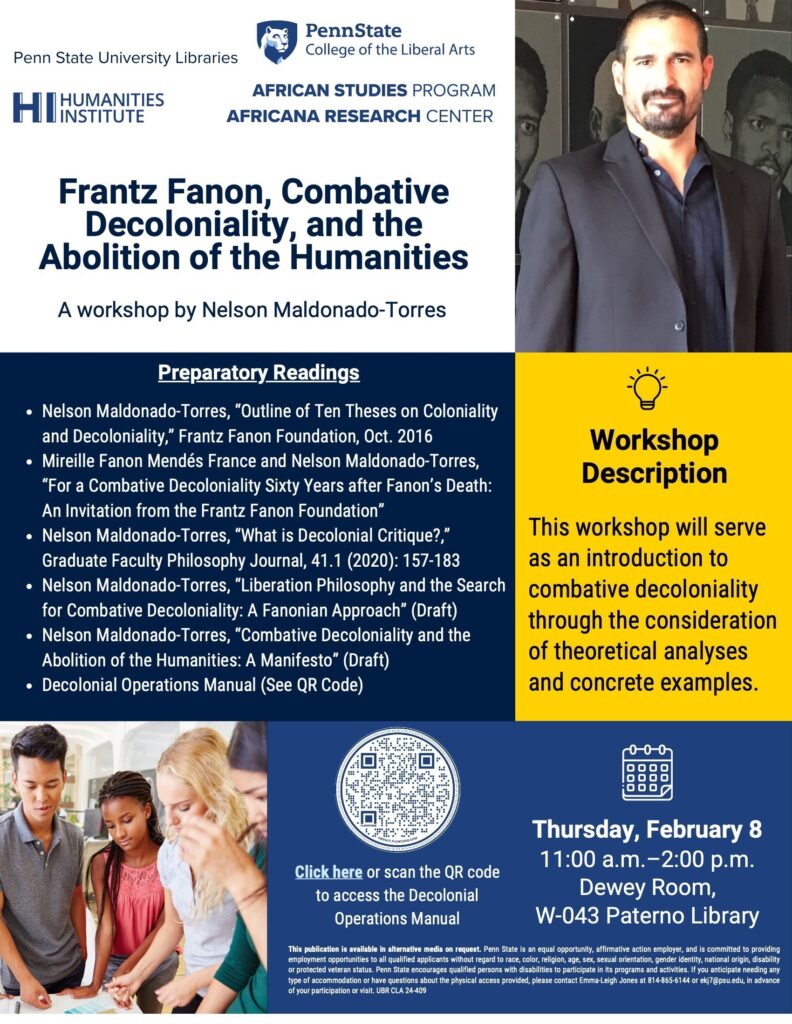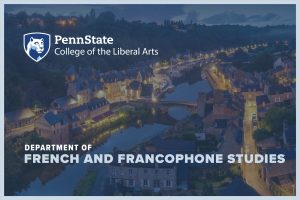Events
Click here to RSVP!
“Trente ans après le genocide contre les Tutsi au Rwanda: littérature et le devoir de mémoire”
Odile Cazenave is Professor of French Studies in Romance Studies, African Studies, and the Center for the Study of Europe at Boston University. Her publications include Femmes rebelles: naissance d’un nouveau roman africain au féminin (1996), Afrique sur Seine. Une nouvelle génération de romanciers africains à Paris (2003), and Contemporary Francophone African Writers and the Burden of Commitment (2011, co-authored with Patricia Celerier). Prof. Cazenave has written on a wide range of topics related to gender and sexuality, postmemory, the local and the global, art from trauma, filiation and transmission, the diaspora, as well as issues of displacement, migration, and citizenship. Her most recent publications include articles on Indian Ocean Literature, film, and globalization; on writers and filmmakers such as Assia Djebar, Khady Sylla, Ananda Devi, Kivu Ruhorahoza, Fabienne and Veronique Kanor, Véronique Tadjo, Boubacar Boris Diop, Alain Mabanckou, Raharimanana, Sami Tchak, and Abdourahman Waberi.
Lunch will be provided!
“Rioting as Writing, Writing as Rioting: Locating a South African Black Feminist Thought in the Autobiographies of Blackwomen Anti-Apartheid Freedom Fighters”
Zinhle K’Nobuhlaluse, Department of Philosophy; Department of Women’s, Gender, and Sexuality Studies
It is generally known that Apartheid in South Africa was an oppressive system. However, the intelligibility of the system and our philosophical approaches to Apartheid as a system with multiple and intersecting forms of oppression remain undertheorized, and the system’s complexities remain unknown. My project argues that prioritizing the lived experience of marginalized persons with intersecting identities makes the system intelligible. My presentation focuses on the dissertation’s final chapter, which draws on the dialogical relationship between rioting women, the anti-Apartheid activists Caesarina Kona Makhoere and Mamphela Ramphele, and their writing in the form of an autobiography. I argue that the dialogical relation is embedded in a dialectical method that registers a South African Black Feminist thought. This is to say, it is only by rioting against Apartheid that they are able to write about it, as a system. Their writing is also an act of rioting against the system insofar as it was illegal for Black people to engage in this type of writing. This project is a timely intervention into global circuits of knowledge that undermine (South African) Blackwomen’s knowledge.
“Imagining Elsewheres: Speculating the Asian Diaspora in North America, Australia, and Aotearoa New Zealand”
Su Young Lee, Department of English; Department of Women’s, Gender, and Sexuality Studies
In this project, I argue Asian America and other Asian diasporas in the West can learn from each other and imagine a cross-disciplinary political formation against globally circulated forms of anti-Asian racism. Though Asian American studies and other studies of the Asian diaspora are considered distinct fields that do not overlap because of emphasis on individual national contexts and because Asian American studies has a longer and more prominent history as a field, I imagine alternative groupings of conversations from traditional categories of knowledge and cultural production that are based on geography or the nationstate. Looking to forms of fiction loosely defined as speculative that help imagine alternative relationalities, I explore how understandings of these Asian diasporas might be reconfigured around affective experiences, temporary or event-based affiliations, or more-than-human entanglements with nonhuman species that do not adhere to these boundaries.
“From Ouadramé to Maïssa: Searching for the Signares in Early Modern Archives”
Brooke Tybush, Department of French and Francophone Studies; Department of Women’s, Gender, and Sexuality Studies
In this brief discussion, I will discuss how eighteenth-century travel narratives that depicted the signares of early modern Senegal often misrepresented or outright ignored the economic and social influence of this powerful group of women of color. I will discuss how these flawed representations led to later fictional narratives about signares that painted them as tragic mulatta figures, a depiction that masks their highly influential social and economic positions. Importantly, this talk highlights how representations of the signares in eighteenth-century travel narratives and nineteenth-century fiction relied heavily on sexist and racist stereotypes, ultimately leading to their obscurity in historical and literary archives. Throughout this talk, I will break down these stereotypes and provide an example of how, even in their prejudices, European-authored texts did, sometimes, correctly capture some small–yet important–aspects of signare culture and traditions, even if unbeknownst to the authors themselves.
Learn about opportunities for students majoring and minoring in French! Meet FFS faculty and instructors. Meet the French Club and talk to advisers. Learn about internships and study abroad. Enjoy free pizza and a chance to win fun door prizes!
The Humanities Institute Presents: The Spring 2024 Faculty Scholars in Residence
Fabienne Kanor
Marian Trygve Freed Early Career Professor, Associate Professor of French and Francophone Studies
“When not forgotten by history, when not dissolved by the sea, when not strewn by the wind, the « revenants » return”. My experimental documentary series project Tales From the Hold poses and holds this question: What remains of the Africans swallowed up in the belly of the Atlantic Sea, and in the nothingness of the colonial plantations? How can I find their traces through time and space? How to rescue them from oblivion and bring them back to us? As I begin filming the third episode of my collection, titled, “The Last Slave Ship,” in Benin, West Africa, I take a break to present my current work and look back to the genesis of my project.
Abstract
Frantz Fanon’s combative decoloniality is based on a profound appreciation of the role of language and love in the constitution of the human. This presentation explores the idea that Fanon’s approach takes love beyond the scope of romanticism, just like his discussion of language takes language beyond the province of the humanities.

Preparatory Readings:
Nelson Maldonado-Torres, “Outline of Ten Theses on Coloniality and Decoloniality,” Frantz Fanon Foundation, Oct. 2016
Mireille Fanon Mendés France and Nelson Maldonado-Torres, “For a Combative Decoloniality Sixty Years after Fanon’s Death: An Invitation from the Frantz Fanon Foundation”
Nelson Maldonado-Torres, “What is Decolonial Critique?,” Graduate Faculty Philosophy Journal, 41.1 (2020): 157-183
Nelson Maldonado-Torres, “Liberation Philosophy and the Search for Combative Decoloniality: A Fanonian Approach” (Draft)
Nelson Maldonado-Torres, “Combative Decoloniality and the Abolition of the Humanities: A Manifesto” (Draft)
Decolonial Operations Manual (link)
Nelson Maldonado-Torres is professor of philosophy at the University of Connecticut, Professor Extraordinarious at the University of South Africa, and Honorary Professor at the University of KwaZulu-Natal in Durban, South Africa. A former president of the Caribbean Philosophical Association, he cochairs the Frantz Fanon Foundation with its founder, Mireille Fanon Mendès France, and is a senior associate of the Sowetobased Blackhouse Kollective. His recent publications include the co-edited book Decolonial Feminism in Abya Yala: Caribbean, Meso, and South-American Contributions and Challenges (2022).
A pre-talk meet and greet will begin at 2:00 p.m. and will include snacks and refreshments.
The talk, ‘Decoloniality and Decolonial Thinking: From Theory to Praxis,’ will begin at 2:30 p.m. and will be a 20-25 presentation followed by a Q&A session.
This visit to PSU is jointly organized with the Department of African Studies.
